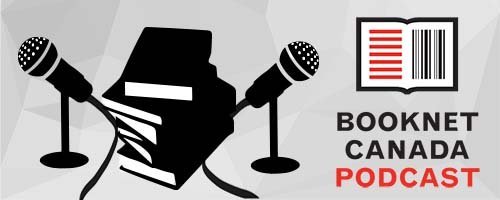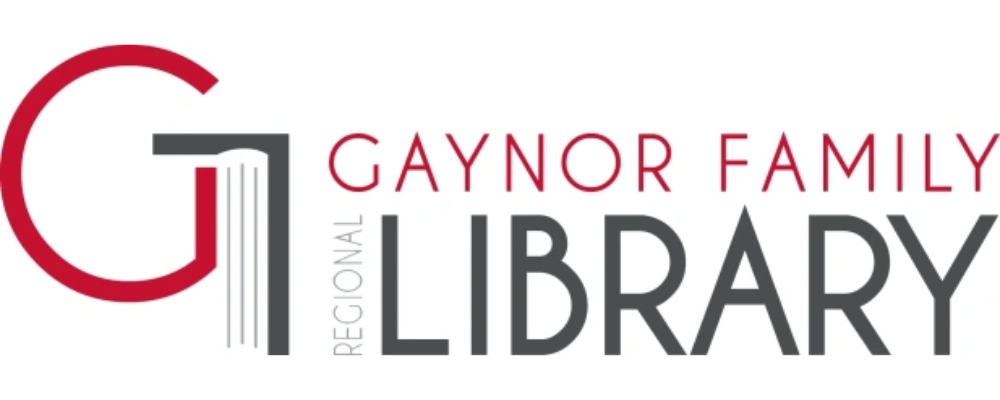We like data — scratch that — we LOVE data, which can be a blessing and curse. Take, for instance, well, this: While scrolling through the internet one day we noticed that there were a lot of books with titles referencing the wives of professionals (e.g., The ____'s Wife). Instead of simply Googling the topic and satisfying our curiosity with the analysis that had already been done, we decided we had to take a look at this phenomenon in our own data. And so, a quest began. One that would take a surprisingly long time (seriously, we thought this would be a summer blog post).
Methodology
For our investigation we turned to SalesData, the national sales tracking service for the Canadian English-language trade book market, and pulled a lifetime Bestseller report of all titles (with sales since 2005) that contained the word "wife." We got more than 2,500 titles.
Then we went through and narrowed down our sample set to those that fulfilled our criteria. We removed titles that used the word "wife" as a concept and only kept titles that made it seem like there was a character fulfilling that role. For example, we put Cowboy Takes a Wife in the concept category and The Cattle Baron's Unexpected Wife in the character category. Though we did leave in titles that made puns because puns make life worth living. We also removed duplicate titles (titles that appeared on the list in multiple formats).
That brought our sample set down to 874 individual titles, which we put into two categories: descriptive (The insert-adjective-here Wife) or possessive (The ____'s Wife).
Results
The data tells an interesting story of a burgeoning trend that took off to a nauseating degree (there, we said it) in the mid-2000s. To our surprise, it also revealed a 50/50 split between what we designated descriptive (e.g., Eggplant Wife, which is a real book, you should look it up, it's Canadian) and possessive (e.g., The Village Baker's Wife).
Here are our top takeaways:
These wives are primarily fictional
Most of the books in our list of 874 were Fiction: 78%. The mega-hit The Time-Traveler's Wife came out in 2003. We'll just let that sit here.
The title tells you so much and, yet, so little
The main reason we started this quest was to determine what kind of books use the formula: The ____'s Wife. It turns out that many genres use it. But Romance is far and away the biggest category. It makes up 34% of the whole wife trend in the books we analyzed. We should have guessed?
(Click to enlarge graph.)
There were so many titles that could meet the criteria we laid down that we discovered different genres use different variations on the theme. Romance books rarely use a title as simple as The ____'s Wife; instead we tend to see something along the lines of:
| Preposition/Definite Article | Male characteristic/Profession | Adjective | Wife |
|---|---|---|---|
| The | Texas Ranger's | Heiress | Wife |
| Sheikh's | Bought | ||
| Prince's | Waitress | ||
| [None] | Italian's | Rags-to-Riches | |
| Powerful Greek | Unworldly | ||
| Greek Tycoon's | Unexpected |
But even within Romance there are variations. Christian Romance, for example, tends to focus on names or descriptive adjectives: Mr. Francis' Wife, A Wife for Ben, The Ideal Wife. Books in this category have a lot of husband's professions, too, but they tend to hit close to home: Pastor, Preacher, Centurion, etc.
In terms of what's popular in all of Romance, here are the top adjectives used to describe wives:
Most popular adjectives in all of Romance...that have "wife" in the title
Convenient
Secret
Perfect
Pregnant
Trophy
Captive
Virgin
Suitable
Unwilling
Inconvenient
Women like to tell their own story
The Non-Fiction category with the most "wife" titles is actually the fifth overall. Biography & Autobiography may be the category name, but we'd say autobiographies made up 5% of the list. These titles tend to offer up a bit more information to a reader because they properly used subtitles. (We don't have any shade about a certain marketing trend...)
The language of numbers
A strange thing we noticed: Lots of books published between 1875 and the mid-20th Century were Non-Fiction books about later wives — and we mean later, like sixth or 19th. But as time went on and Fiction took over, people were more interested in narratives about first, second, and third wives.
The library
We couldn't resist running a LibraryData report (currently in a closed beta) and cross-referencing it with our SalesData report to see which "wife" titles from our list are circulating in Canadian libraries. Were we surprised with the results? In a word: no. Were we happy to have confirmation that they're also popular in the library market? YES.
More recent "wife" titles had a higher circulation rank, which makes sense as libraries tend to stock more copies of newer books. They also tended to be Fiction, be of the Psychological Thriller or Historical Fiction variety, and that's all we can say without violating LibraryData's policies.
If it's popular, don't fix it
When the same title or elements of a title kept popping up, we knew we had some fun observations to share (and double check — thank goodness for ISBNs). Behold!
Man married most times: Noah
Most popular animal wife: Crane
Most married profession: Doctor
Most arcane job titles: Tie between cemetery-keeper and tea-planter
Most random wife number: 22
"Wife" books by genre and publishing date
(Except not all genres are shown because that just created a monster of a graph. Only books that represented at least 2% are shown below)
Like we said in the beginning, the data tells an interesting story. A trend that began in Romance and Non-Fiction has ebbed and flowed over the decades into a more equitable spread across genres. (One thing we should note is that these are not all of the books ever written/published about wives; they're the books about wives that have seen sales in the Canadian English-language print market since 2005.)
So, what can we say about this editorial trend? People are buying fewer, newer books in Romance. As the Romance share declines, General Fiction, Thrillers, and Historical Fiction have begun to represent larger shares. As Biography & Autobiography buoys, Religion, Non-Fiction, and Self-Help take stronger holds. But, then again, as the market floods with formulaic titles, a significant decline has begun in the last five years. Does this mean that less people are buying formulaic wife books or are publishing houses employing this trend less?
All we've really proven is that from time immoral there have been a lot of books that frame women in terms of their relationship status and someone else's accomplishments, but in the last 10 years a flurry of genres have adopted this formulaic title and it's reached the public's consciousness.
And though you could create one heck of a Goodreads list based on title alone, the connection between these books seems to mostly end there — so, don't judge a book by its formulaic title? Or use actual names. One of the two.
And because we couldn't resist, we created a recommendation chart!
Find the intersection between genre and random profession that most interests you and click the link to find your next read.
| Historical Fiction | Thriller | Non-Fiction | Romance | Literary | Short Stories | Humour | Mysteries |
|---|---|---|---|---|---|---|---|
| Sultan | Corporal | Spy | Baller | Painter | Undertaker | Speaker | Caretaker |
| Silversmith | Banker | Zookeeper | Blacksmith | Photographer | Doctor | Bishop | |
| Undertaker | Headmaster | Judge | Shape-changer | Doctor | Saddlemaker | ||
| Conqueror | Husband | Marine | Duke | Colonel | Anatomist |
Are there a lot of books with "husband" in the title? Would you like us to do a follow-up to this? We could, we have the technology.
And if you're a publisher, retailer, or librarian who wants to see more data like this, check out SalesData, the sales tracking service for the Canadian English-language trade book market. If you’re already a subscriber, and want to see trends over time (like we did here) check out the Bestseller Report. If you still have questions, or want SalesData training, contact us!

















Want to make data-informed decisions? We can help.